How Does Ovarian Cysts Effect on Your Fertility?
Fertility Treatment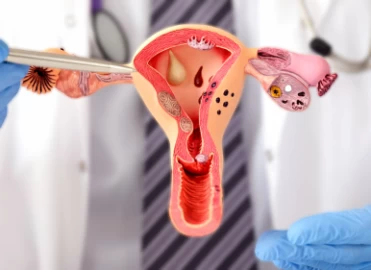
Is it possible to get pregnant with an ovarian cyst? This question concerns many women because it's one of the most common female health issues. It is important to note that not all ovarian cysts will cause infertility. Many women can get pregnant with ovarian cysts without any issues. The impact of ovarian cysts on fertility will depend on several factors, including the size, type, content, location, and cyst number.
Although there are techniques to prevent infertility caused by ovarian cysts, it should be noted that many women, despite having ovarian cysts, live their lives with no specific symptoms or complications, and they never even notice their cysts while having a successful pregnancy.
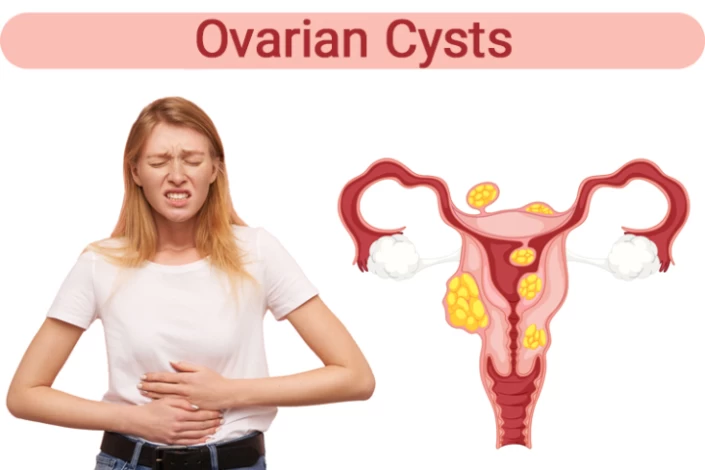
What Is an Ovarian Cyst?
Ovarian cysts are small fluid-filled sacs that occur inside or on the ovary. The ovaries are two small almond-shaped organs on either side of the uterus responsible for egg growth, maturation, and release during the menstrual cycle.
Ovarian cysts, usually quite common in women of reproductive age, are benign and typically do not result in infertility. It should be noted that the impact of an ovarian cyst on infertility relies on a variety of other variables, including the woman's age, with a 40-year-old woman having a larger chance of experiencing infertility with an ovarian cyst than a 30-year-old woman.
Furthermore, ovarian cysts caused by diseases like endometriosis or polycystic ovary syndrome (PCOS) have a higher impact on fertility and can occasionally cause pregnancy delays. Depending on the type and size of the ovarian cyst, a person may experience severe symptoms if it ruptures. As a result, women of any age should see a gynecologist regularly so that ovarian disorders can be diagnosed and treated as soon as possible. Read on to learn more about the relationship between ovarian cysts and infertility, the various treatment options available for women who want to get pregnant with ovarian cysts, and how to get pregnant with ovarian cysts.
Ovarian Cyst Symptoms and Signs
Ovarian cysts often go unnoticed for long periods, and occasionally, symptoms like bloating, pelvic pain, and a feeling of heaviness in the lower abdomen are felt simply because of the size of the cysts. Normal symptoms of hormonally and functionally active ovarian cysts include irregular and abnormal bleeding. However, most women are unaware of other ovarian cysts until they attempt conception.
It should also be mentioned that the cyst's rupture and tearing might result in excruciatingly intense abdominal discomfort, internal bleeding, fever, dizziness, etc. It should be noted that these symptoms do not appear in every case of ovarian cyst rupture; in extreme circumstances, surgery may be required to control the bleeding or remove the entire ovary.
It should be kept in mind that the removal of an ovary does not result in infertility and only slightly lowers the likelihood of becoming pregnant; hence, it is still possible to become pregnant even with only one ovary.
The most prevalent signs and symptoms of ovarian cysts are as follows:
- Menstrual disorder and irregularity;
- severe abdominal and pelvic discomfort;
- nausea and vomiting;
- Ovarian cyst pain caused by twisting and tearing;
- feeling faint as a result of internal bleeding;
- Pain experienced during sexual intercourse.
Does Cyst Surgery Cause Infertility?
Although ovarian cyst surgery can alter a woman's fertility, this does not always result in infertility. In fact, due to self-treatment, many cysts, including functional ovarian cysts, do not require surgery and have no issues during pregnancy.
Surgery may be necessary for other cystic forms classified as pathological cysts, such as watery and mucous cysts (cystadenoma) and dermoid cysts containing skin, hair, and teeth. In rare cases, the matching ovary is removed along with the cyst if it is large and malignant, and the other ovary maintains fertility.
Even if both ovaries are removed, and the uterus remains healthy, the chances of having a child can be preserved with techniques such as egg donation or embryo donation.

How Does Ovarian Cyst Affect Fertility?
Ovarian cysts can potentially affect fertility by interfering with ovulation or damaging the ovaries. Some ways in which ovarian cysts can impact fertility include:
- Interfering with ovulation;
Ovarian cysts can prevent the release of an egg, which is necessary for conception. This is particularly true for cysts on or near the ovary where ovulation occurs.
- Affecting egg quality;
Certain types of cysts, such as endometriomas or dermoid cysts, may impact fertility by affecting the eggs' quality or disrupting the ovaries' normal functioning.
- Damaging the ovaries.
Large or persistent ovarian cysts can cause scarring on the ovary, making it more difficult for the egg to be released. In some cases, ovarian cysts can cause damage to the ovaries, which can impact fertility.
What Kind of Ovarian Cyst Cause Female Infertility?
Endometriosis, often called the chocolate cyst, is one of the most significant cysts affecting fertility. By forming strong adhesions and blocking contact or fertilization between egg and sperm, endometrioma hinders fertility. ART techniques such as in vitro fertilization (IVF) may be used in such a case.
In addition, polycystic ovary syndrome interferes with ovulation by bringing on side effects, including frequent periods and altering the hormone balance. The disruption in the ovulation process produced by these small and numerous cysts causes major reproductive issues in women.
If not treated over time, other ovarian cysts can result in infertility and symptoms like pain and bloating. Although the likelihood of permanent and irreversible ovarian cyst infertility is low, regular checkups should be taken seriously due to the issue's significance.
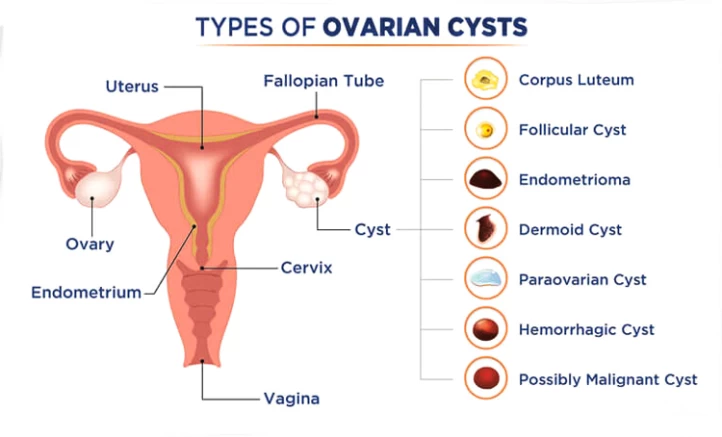
Can A Chocolate Cyst Stop Me from Having a Baby?
Ovarian endometrioma, often known as a chocolate cyst, is one of the cyst types that increases the risk of infertility. Chocolate cysts are sacs that frequently develop deep in the ovary and contain non-cancerous chocolate, tar-like fluid. With a dark tint brought on by stale menstrual blood and tissue, chocolate cysts can develop in one or two ovaries, singly or in groups. It should be noted that although this type of cyst impacts a woman's fertility, a chocolate cyst can still result in pregnancy.
Are All Ovarian Cysts Dangerous for Pregnancy?
Some ovarian cysts are either simple to cure and drain or do not jeopardize pregnancy. Functional cysts, cystadenomas, and dermoid cysts should be mentioned among these sacs:
Functional Cyst
Functional cysts are called follicular cysts or corpora lutea, formed by the hardening of empty or immature follicles and are among the most common types of ovarian cysts. A functional cyst or a corpus luteum cyst that occurs during a normal ovulation cycle does not interfere with fertility and often disappears independently.
Adenoma Cyst
Despite the need for treatment, ovarian surface tumours known as cystadenomas or adenoma cysts do not impede conception.
Dermoid Cyst
In comparison to cysts containing liquid, dermoid cysts are more harmful since they contain solid components, including hair, fat, cartilage, skin, bones, teeth, etc. However, it typically does not prevent pregnancy, and if it is less than 5 cm in size, the danger is very minimal.
Does Polycystic Ovary Syndrome (PCOS) Cause Female Infertility?
Polycystic ovarian syndrome (PCOS), often known as ovaries filled with multiple cysts, is a common female condition that hinders the secretion of hormones required for egg formation. The ultrasound diagnosis of numerous pearl-sized cysts indicates polycystic ovaries.
The ovaries contain eggs enclosed in follicles from birth and even from the fetal stage. When a person reaches the age of sexual maturity, several eggs develop and grow each month, and at the same time, a vital liquid is created inside the follicles close to the eggs.
In polycystic ovary syndrome, despite follicle proliferation, no egg is released during menstruation; as a result, these fluid-filled follicles develop into cysts. PCOS alters the body's normal estrogen hormone level, leading to irregular periods and ovulation disorders.
Can A Ruptured Cyst Cause Infertility?
One of the risky outcomes of having a cyst is the ovarian cyst rupture and bursting, which can lead to major issues and concerns. Cyst rupture can affect fertility depending on the type of cyst and the severity of the rupture.
A functional cyst rupture may cause discomfort and pain but typically does not impact fertility. The body will typically absorb the fluid from the cyst, and the ovary will continue functioning normally.
However, if a more complex cyst, such as an endometrioma or dermoid cyst, ruptures, it can cause significant damage to the ovary and potentially impact fertility. In some cases, surgery may be necessary to remove the damaged tissue and improve fertility outcomes.
Whar Are the Ovarian Cyst Treatments to Get Pregnant?
The type of ovarian cyst should be taken into account when treating it. Small and multiple follicular cysts typically develop with each menstrual cycle and don't need any special care. Laparoscopic surgery, birth control pills, weight loss, pregnancy with assisted reproductive technology (ART), taking supplements and vitamins, etc., are common ovarian cyst treatment options. In general, treatment of ovarian cysts is possible with the following:
- Laparoscopy
- IVF to get Pregnancy
- Ovarian Cyst Treatment with Inositol
- Metformin's Effect on Ovarian Cysts
- Ovarian Cyst Improvement Using Birth Control Pills
- Gonadotropin Therapy
- Treatment of Ovarian Cysts with Carnitine
- Consuming Vitamin D
Using the Laparoscopic Method
When it is determined that cysts must be removed, the doctor may recommend a laparoscopic surgery. The surgery is performed under general anesthesia and through multiple small abdominal incisions. Then, a camera and a surgical instrument are used to enter the ovaries and target the cysts to remove them. After this procedure, you should relax for a few days before returning to your routine.
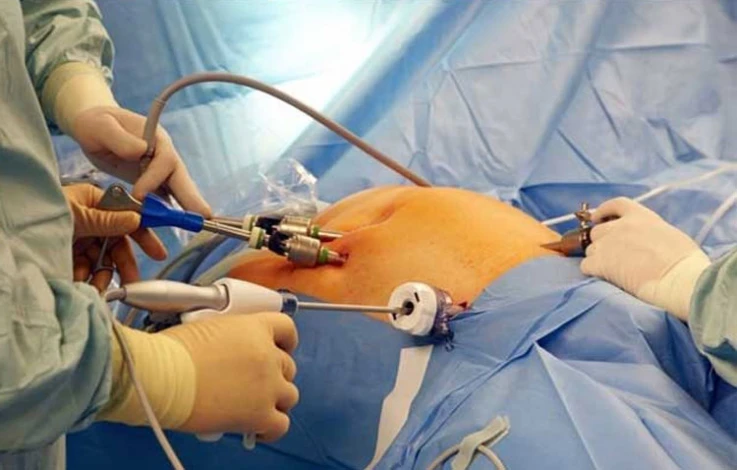
IVF Pregnancy with an Ovarian Cyst
In the case endometriosis exists, the use of IVF is recommended. Endometriosis cysts often shrink and go away, but they have the potential to get worse over time and harm the female reproductive system. Despite anovulation brought on by ovarian cysts, the IVF process helps to extract several eggs during the ovarian stimulation process, along with fertilization being carried out in a lab. The acquired embryo is placed in the mother's womb, which develops until birth.
Ovarian Cyst Treatment with Inositol
Inositol is a type of sugar known as an important part of the cell membrane and plays a key role in various body functions. Taking this vitamin can help reduce the symptoms of ovarian cysts and increase the chances of getting pregnant with ovarian cysts.
Metformin's Effect on Ovarian Cysts
Metformin is one of the most commonly recommended medicines for treating type 2 diabetes. It reduces insulin resistance caused by the occurrence of diabetes in the majority of patients with ovarian cysts. Metformin, in addition to normalizing patients' metabolic systems, aids ovulation in PCOS patients.
Ovarian Cyst Improvement Using Birth Control Pills
Birth control tablets can alleviate ovarian cyst symptoms and eliminate some cysts in certain cases. Birth control tablets should only be used under the supervision of a specialist.

Gonadotropin Therapy for Ovarian Cyst
Gonadotropins are medications that accelerate the ovarian response to ovulation in women with PCOS, reducing the problems caused by ovarian cysts. The phrase "poor responder" refers to women whose usage of gonadotropin fertility medications fails to increase ovulation.
Treatment of Ovarian Cysts with Carnitine
Acetyl-L-carnitine (ALC) is a naturally occurring antioxidant that converts fat into energy. L-carnitine levels are considerably lower in non-obese women with ovarian cysts than those without cysts. When ALC is administered along with clomiphene in patients with PCOS, it helps to thicken the endometrium and increases the chances of pregnancy.
Consuming Vitamin D in the Treatment of Ovarian Cysts
Vitamin D deficiency exacerbates symptoms of ovarian cysts and other problems such as ovulation disorders, insulin resistance, menstrual irregularities, high androgen levels, obesity, and infertility. Taking vitamin D supplements is essential for women as its insufficiency affects 67 to 85% of people with polycystic ovary syndrome.
How to Prevent Ovarian Cysts?
Although ovarian cysts are generally not preventable, early detection allows for the cyst to be eliminated or removed. Ovarian cysts that are benign or non-cancerous normally heal independently or by medication. Cysts that are cancerous or big and on the verge of rupture might also require surgery.
In general, paying attention to symptoms such as unexplained weight loss, changes in the menstrual cycle, feeling stuffed and full in the stomach, loss of appetite, frequent pains, and bloating or swelling of the abdomen allows for early detection and prevention of ovarian cyst growth and rupture.
Conclusion
Even though many women can get pregnant with ovarian cysts, a gynecologist should examine all patients for early detection and prevention of problems such as birth risks, ovarian torsion, cyst rupture during pregnancy, and so on.
On the other hand, even if an ovarian cyst does not cause infertility or other problems for the mother, it can endanger the fetus's health. As a result, having a healthcare provider examine you regularly and taking the essential precautions minimizes the chance of ovarian cysts, especially during pregnancy.
FAQs
1) Can an ovarian cyst cause miscarriage?
Ovarian cysts can sometimes cause complications during pregnancy that may lead to a miscarriage. For example, if a large cyst is present during pregnancy, it may cause the ovary to twist or rupture, leading to severe pain and bleeding. This can potentially harm the developing fetus and increase the risk of miscarriage.
2) How soon after ovarian cyst removal can I get pregnant?
The timing of getting pregnant after ovarian cyst removal depends on various factors, including the size and type of cyst, the method of removal, and the patient's overall health. However, it is typically advisable to wait for 3-6 months after cyst surgery before attempting to conceive again.
3) How to get pregnant with ovarian cysts naturally?
The natural ways to increase the chances of getting pregnant with ovarian cysts can include maintaining a healthy weight, eating a balanced diet, getting regular exercise, managing stress, and monitoring your menstrual cycle. It is important to work closely with your doctor and remember that natural methods may not work for everyone.
4) What are the types of ovarian cysts that can affect fertility?
The most common types of ovarian cysts that can affect fertility are endometriomas (cysts caused by endometriosis), polycystic ovary syndrome (PCOS), and functional cysts (cysts that form during the menstrual cycle).
5) Can I do IVF with a cyst?
IVF can be performed with a cyst. However, it may be necessary to remove the cyst before the procedure. If the cyst blocks the ovary from releasing an egg, it can prevent fertilization. Additionally, ovarian cysts can make IVF more difficult as they may prevent a safe egg retrieval from the stimulated ovary during IVF treatment.



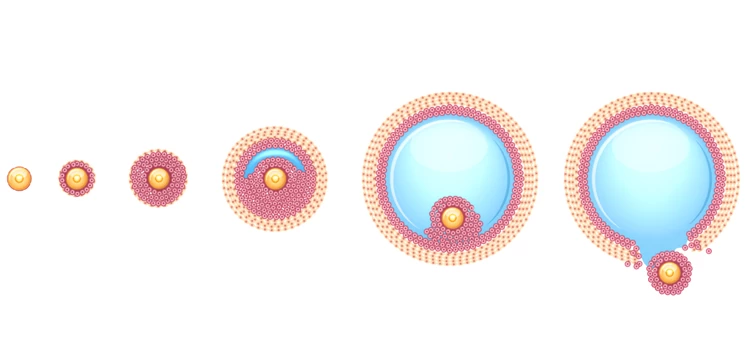
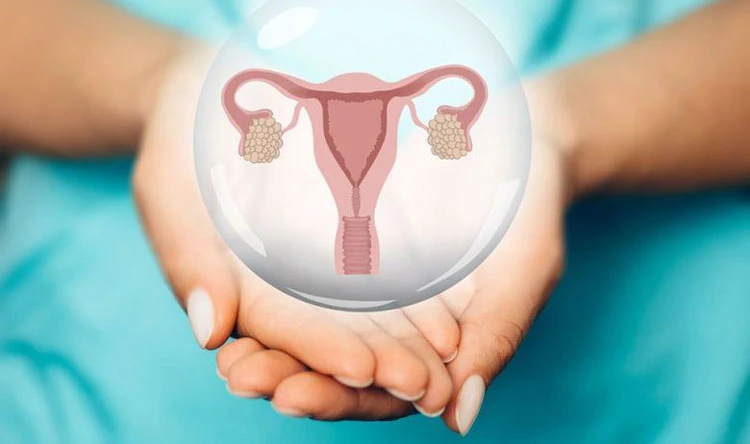
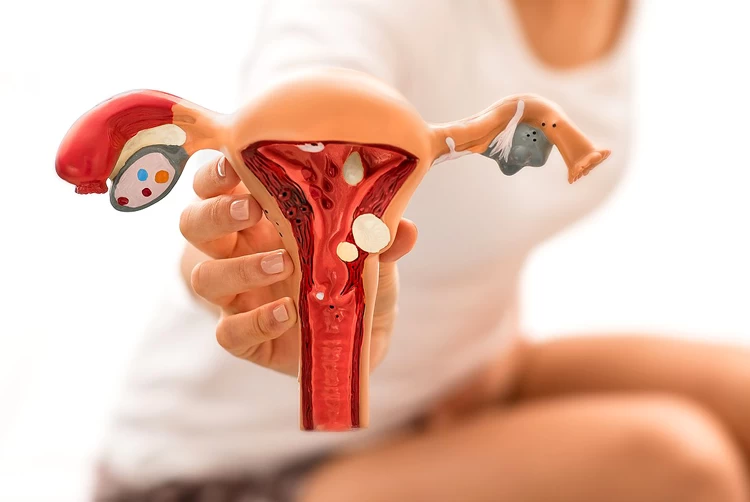



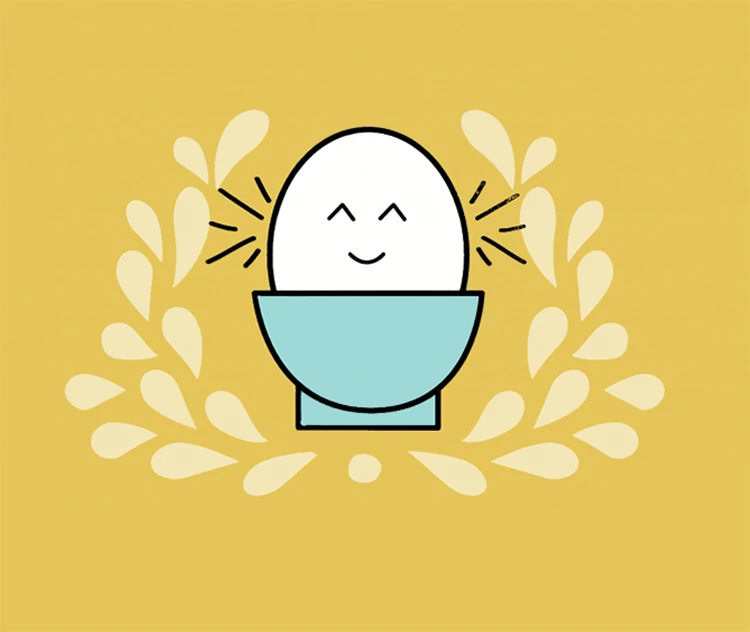

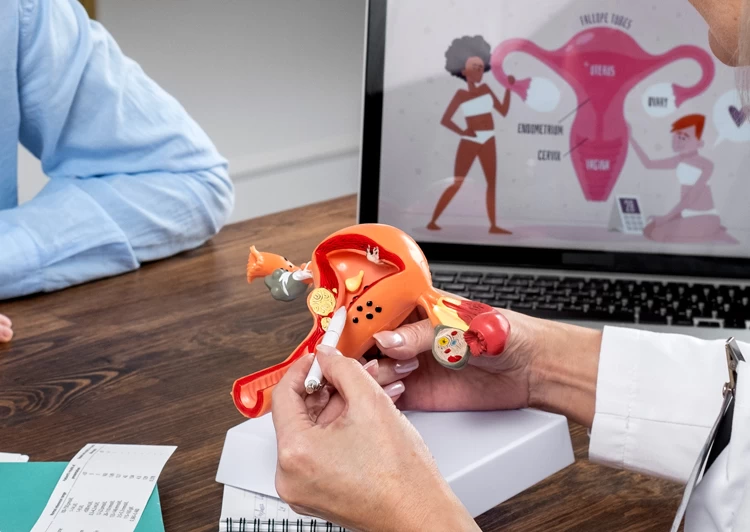
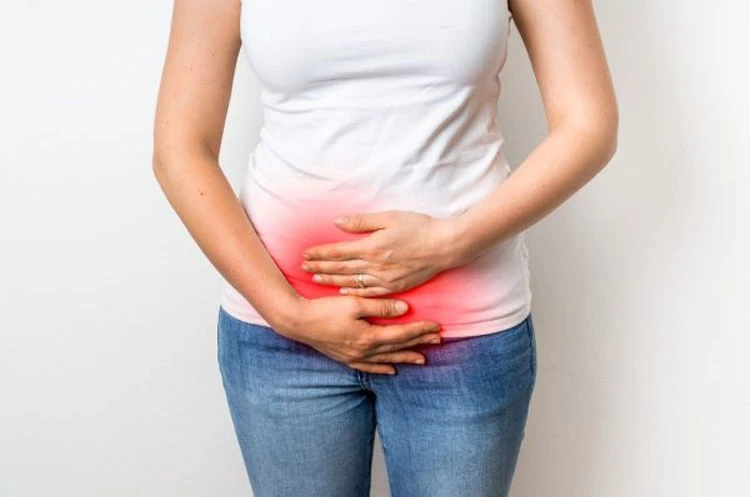

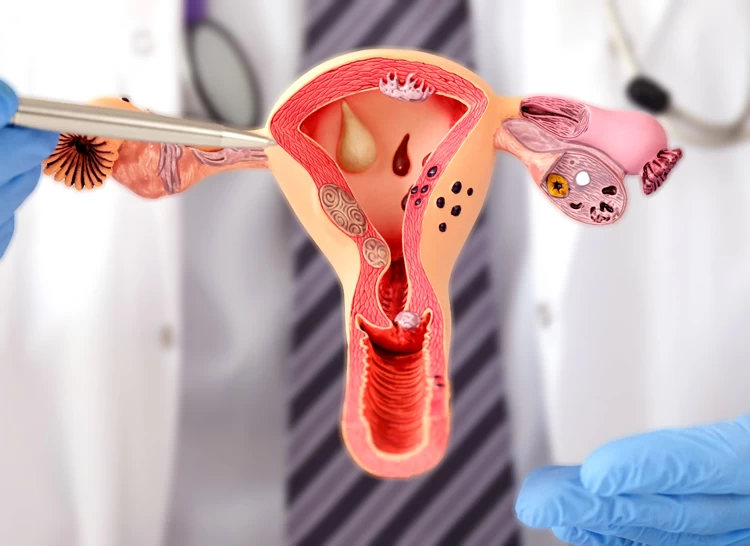

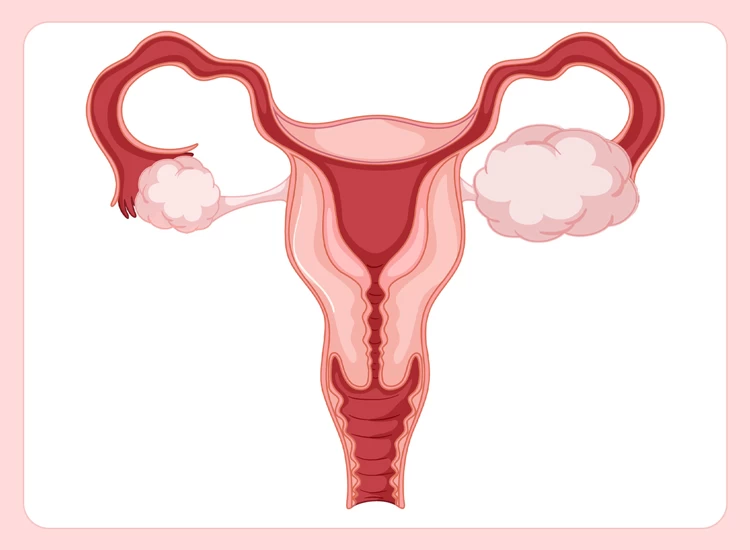
User
-Can I get pregnant when having cyst in the privacy
آزاده کرباسی
-Hi yeah sure but it depends on the size of it